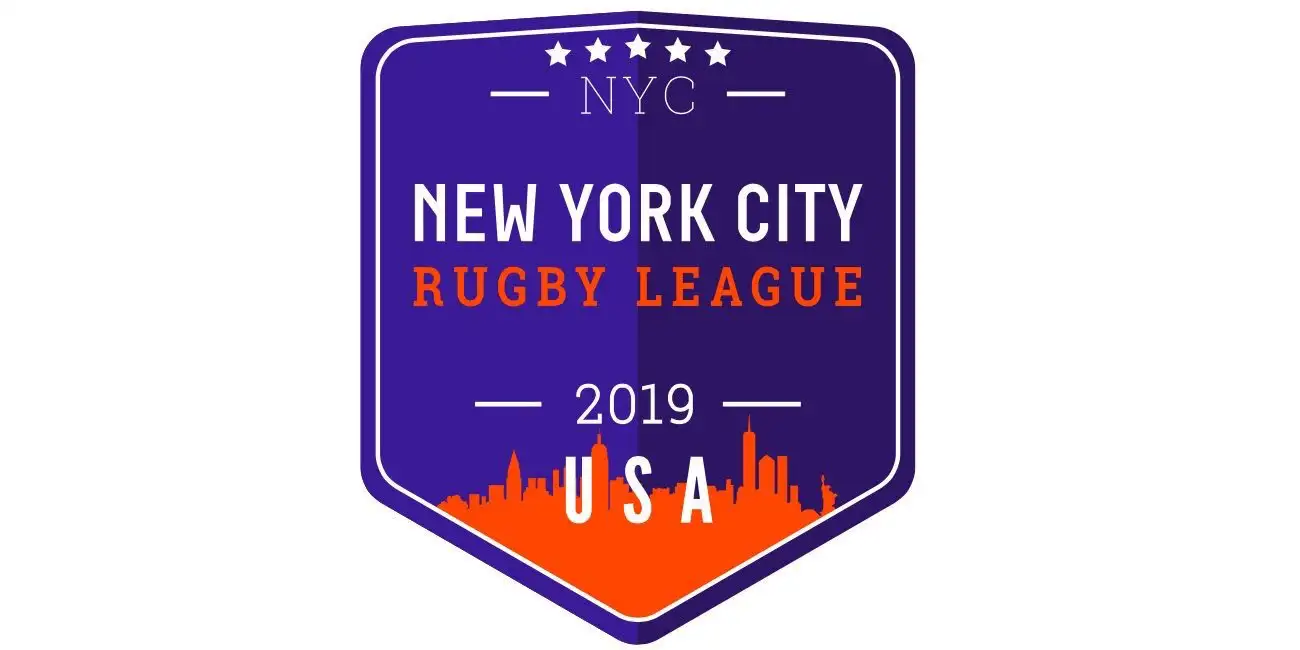COLUMN: Pardon me for my worries over New York

Ricky Wilby was behind New York's application to join the RFL ranks
Rugby league, as ever it seems, has an uncertain future – good or bad.
It’s either going to become the greatest American import ever, or continue scrapping around for answers to questions that perhaps don’t even need answering.
The latest stop on the journey to spreading rugby league to the masses, and the apparent media coverage and commercial revenue it alleges to bring, takes us to New York and a second transatlantic franchise to follow that of the successful Toronto Wolfpack.
Before I get accused of being a flat capper or a small northern monkey, I’d like nothing more than Toronto and New York to be roaring successes.
Hell, perhaps then, we’ll get some decent advertising revenue through the site.
But it just doesn’t sit right for me in the way the sport is going about it.
The RFL seems to have an attitude of waving through the requests of anyone with money.
While they should be applauded for their willingness to support the growth of the game – particularly in comparison to the cash rich NRL – there just doesn’t seem to be a plan right now.
How can throwing in potentially behemoth franchises in to a part time league be feasible and what damage does it do to those left behind.
The solution to this issue may become clearer as we head towards the 2018 season and the promised clarity regarding the structure from 2019.
But I’m not convinced.
What damage is this complete uncertainty doing to teams who can’t compete at the top currently, for whatever reason. Say a London Broncos, who have now lost perhaps the best thing that’s happened to them in the past decade in coach Andrew Henderson, no doubt frustrated at the lack of planning the current uncertainty over the sport affords him.
He will feel fairly safe at Warrington, who will no doubt be positioned towards the top echelons of the game even if two, three or even four North American teams spring up.
There seems to be an air of confidence about those involved that the expansion will be a success. That’s great.
But some 22 years on from when Super League perhaps should have adopted a franchise set up, it is now faced with the dilemma as to whether to do it properly now.
And not in the same half arsed manner it did between 2009 and 2015 when all it ultimately achieved was excluding Championship teams from gaining promotion legitimately.
I’ve mentioned a World League in previous columns and perhaps that’s the way to go.
But what must happen is those who just want to play rugby, are allowed to get on with it in proper competitions.
Why should the whole British rugby league system be compromised for expansion when it really doesn’t have to be?
It is the clubs within this system that are expected to provide the players for the North American teams – understandably of course, as it will take time for them to produce their own players and that shouldn’t be a criticism levied at them for a long time.
The problem is that the player pool is diminishing, as seen by the slow nature of the market this winter.
The more players that go for the American dream, the slower it will become.
Sensible clubs are already becoming wise to the increased wage demands of especially Australian players, who know that some will be desperate to add bodies to their squad.
I fail to see how any transatlantic club can manage to have a sustainable business plan, but far better people than me will know how to make that work.
The long term will perhaps to have an American based league, who knows.
But in the meantime, while the experiment goes on, the RFL must ensure minimal damage is done to those already in existence. Growing the game shouldn’t come at the detriment or cost to those around already.
I will always be an advocate of promotion and relegation but in light of the American dream, perhaps Super League (or a new league) should be allowed to cut itself free and run as a franchise league (with potential to expand its number as and when applicants come along).
That would leave a British rugby league system that can crown a champion in what way it sees fit, with promotion and relegation between its two or three leagues.
We should be debating how a Scottish or Irish team can be developed and allowed to build from the bottom in a sustainable manner, for instance.
We should be looking at how teams like Gloucester and Newcastle can be nurtured to grow and develop, potentially to the extent that they outgrow the new system and become a franchise themselves.
Whatever happens, the politics of rugby league is never dull; and continues to take away from the on field product that we all believe should command more attention than it does.
Over to you, world.